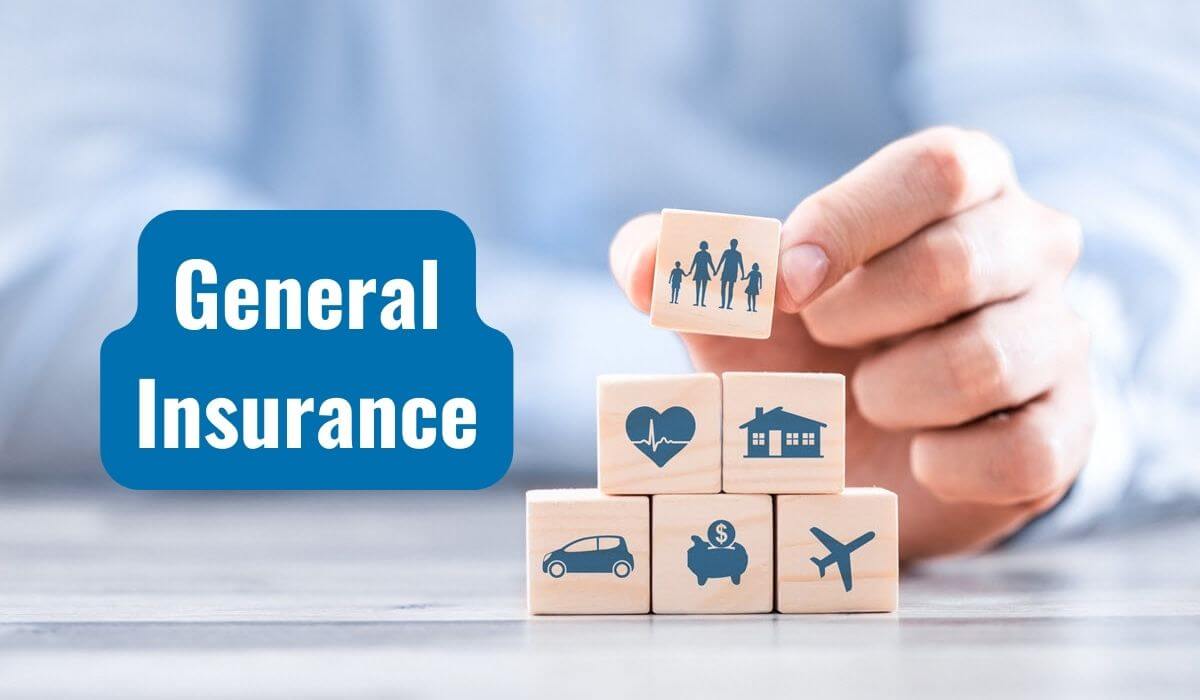Introduction
Oh, car accident! Those three little words can send shivers down anyone’s spine. Because in an instant, life can change forever. One moment you’re driving along, minding your own business, and the next, you’re involved in a collision. It can be a terrifying, confusing, and overwhelming experience. But what happens after the initial shock wears off? How do you cope with the physical, emotional, and financial aftermath of a car accident? In this article, we’ll provide you with some helpful information and resources to help you get through this challenging time.
Car accidents are a leading cause of death and injury in the United States. According to the National Highway Traffic Safety Administration (NHTSA), over 39,000 people were killed in motor vehicle crashes in 2020. That’s an average of more than 100 deaths per day. In addition, over 4.5 million people were injured in car accidents that same year. That’s more than 12,000 injuries per day. So, it’s clear that car accidents are a serious problem that can have a devastating impact on individuals, families, and communities.
If you’ve been involved in a car accident, it’s important to seek medical attention right away, even if you don’t think you’re injured. Some injuries, such as whiplash, may not be immediately apparent. It’s also important to report the accident to the police and your insurance company. And if you’ve been injured, you may want to consider hiring an attorney to help you get the compensation you deserve.
Oh, Car Accident!
The dreaded words “oh, car accident!” echo through our minds when we witness or are involved in a collision. The aftermath can be chaotic and overwhelming, leaving us reeling from the impact. But understanding the causes of car accidents can help us take preventive measures and create a safer driving environment for everyone.
Causes of Car Accidents
The primary cause of car accidents lies in human error. We’re all guilty of it at some point—checking our phones, speeding, or simply getting lost in our thoughts while behind the wheel. Distracted driving has become a major culprit, with cell phones and other electronic devices vying for our attention. The National Highway Traffic Safety Administration (NHTSA) estimates that 3,142 people were killed in motor vehicle crashes involving distracted drivers in 2020 alone.
Speeding is another major contributor to car accidents. When we push the limits, our reaction time decreases, and we become more susceptible to mistakes. According to the NHTSA, speeding was a factor in nearly a third of all fatal crashes in 2020. Imagine driving in a dense fog—speeding in such conditions would amplify the risk of an accident. Similarly, speeding impairs our ability to navigate safely, especially in hazardous weather or unfamiliar roads.
Other factors that contribute to car accidents include driving under the influence of alcohol or drugs, reckless driving, and road conditions. By understanding these causes, we can make conscious choices to eliminate distractions, obey speed limits, and avoid driving while impaired. Every responsible action we take behind the wheel reduces the likelihood of an accident, making our roads safer for all.
Oh Car Accident!
Oh, car accident! Those three words can send shivers down the spine of anyone who has ever been involved in one. And for good reason. Car accidents can be devastating, both physically and emotionally. They can result in injuries, property damage, and even death.
Consequences of Car Accidents
The consequences of car accidents can be far-reaching. In addition to the immediate physical injuries that can occur, car accidents can also lead to long-term health problems, such as chronic pain, disability, and even death. The financial consequences of car accidents can also be significant, including medical expenses, lost wages, and property damage.
Physical Injuries
The physical injuries that can result from car accidents range from minor cuts and bruises to serious injuries, such as broken bones, head injuries, and spinal cord injuries. Even seemingly minor injuries can have a lasting impact on a person’s life. For example, a concussion can cause headaches, nausea, and difficulty concentrating, which can make it difficult to work, go to school, or participate in other activities.
Property Damage
Car accidents can also cause significant property damage. In some cases, the damage may be so extensive that the car is totaled. Even if the car is not totaled, the cost of repairs can be significant. In addition to the cost of repairing the car, there may also be other expenses, such as the cost of towing and storage.
Emotional Trauma
Car accidents can also have a significant emotional impact on the victims. Many people who have been involved in car accidents experience feelings of anxiety, depression, and post-traumatic stress disorder (PTSD). These feelings can make it difficult to sleep, concentrate, and function normally. In some cases, emotional trauma can lead to long-term mental health problems.
Financial Consequences
The financial consequences of car accidents can be significant. In addition to the cost of medical expenses and property damage, car accidents can also lead to lost wages. If a person is injured in a car accident, they may be unable to work for a period of time. This can result in a loss of income, which can put a financial strain on the person and their family.
Legal Consequences
In some cases, car accidents can also lead to legal consequences. If a person is found to be at fault for causing a car accident, they may be held liable for the damages caused by the accident. This can include the cost of medical expenses, property damage, and lost wages. In some cases, a person who is found to be at fault for causing a car accident may also be charged with a crime.
Oh, car accidents! They can turn our lives upside down in an instant. The impact of a car crash can be devastating, not just physically but also emotionally and financially. In the United States alone, over 6 million car accidents occur each year, resulting in thousands of fatalities and countless injuries.
But here’s the good news: many car accidents are preventable. By adopting defensive driving techniques and staying vigilant on the road, we can significantly reduce our risk of being involved in a crash.
Preventing Car Accidents
Defensive driving is all about anticipating hazards and taking proactive measures to avoid them. Here are some of the most effective defensive driving techniques:
- Maintain a safe following distance: This gives you enough time to react if the car in front of you brakes suddenly.
- Always scan the road ahead: Look out for potential hazards, such as pedestrians, cyclists, or cars entering or leaving driveways.
- Be aware of blind spots: Adjust your mirrors and check them regularly to eliminate blind spots.
- Drive with headlights on: This makes your car more visible to other drivers, especially at night or in bad weather.
- Avoid distractions: Put down the phone, turn down the music, and focus on the road. The National Highway Traffic Safety Administration estimates that over 3,000 people were killed in motor vehicle crashes involving distracted drivers in 2020
- Obey traffic laws: Speeding, running red lights, and failing to yield are major causes of car accidents. By following the rules, you can reduce your risk of being involved in a crash.
In addition to defensive driving techniques, there are a number of other things you can do to stay safe on the road:
- Get enough sleep: Drowsy driving is a serious hazard. Make sure you’re well-rested before getting behind the wheel.
- Never drive under the influence of alcohol or drugs: Impaired driving is one of the leading causes of car accidents.
- Wear your seatbelt: Seatbelts save lives. Make sure everyone in your car is buckled up.
- Be prepared for emergencies: Keep an emergency kit in your car with flares, a first-aid kit, and a blanket.
- Drive defensively in bad weather: Slow down and increase your following distance in rain, snow, or fog.
By following these tips, you can significantly reduce your risk of being involved in a car accident. So next time you’re behind the wheel, remember: your safety is in your hands.
Oh, car accident! What to do after a car accident
Oh, car accident! This is an exclamation that no one wants to utter. But if you ever find yourself in this unfortunate situation, it’s important to know what to do. The first few minutes and hours after a car accident are critical. By taking the right steps, you can help ensure your safety, protect your legal rights, and minimize the stress of the situation.
1. Stay Calm
I know this is easier said than done, especially if you’re injured or in shock. But it’s important to try to stay calm and collected. This will help you think clearly and make the best decisions for yourself and your passengers.
2. Call the Police
Even if the accident is minor, it’s always a good idea to call the police. They will create an accident report that can be helpful for insurance purposes and legal claims. The police can also help direct traffic and clear the scene.
3. Exchange Information
Once you’ve called the police, exchange information with the other driver(s) involved in the accident. This includes your name, address, phone number, insurance information, and license plate numbers.
4. Take Photos
If possible, take pictures of the accident scene. This will help you document the damage and provide evidence for your insurance company and any legal claims.
5. Seek Medical Attention
Even if you don’t feel injured, it’s important to seek medical attention after a car accident. Some injuries may not be immediately apparent, and it’s always better to be safe than sorry.
6. Protect Your Legal Rights
After a car accident, it’s important to protect your legal rights. This means speaking to an attorney if you have any questions about your case. An attorney can help you understand your rights, negotiate with the insurance companies, and file a lawsuit if necessary.
Here are some additional tips for protecting your legal rights after a car accident:
- Don’t admit fault. Even if you believe you’re at fault for the accident, it’s important to avoid admitting fault to the other driver(s), the police, or the insurance companies.
- Don’t sign anything. Do not sign any documents or agreements without first speaking to an attorney.
- Keep a record of everything. Keep a record of all medical bills, lost wages, and other expenses related to the accident. This will help you document your losses and make a strong case for compensation.
By following these tips, you can help ensure that you’re taking the right steps after a car accident. This will help protect your safety, your legal rights, and your financial interests.
Oh, how I wish car accidents didn’t exist. But they do and are a major problem on our roads today. In fact, according to the National Highway Traffic Safety Administration (NHTSA), over 39,000 people were killed in motor vehicle crashes in the United States in just one recent year. That’s a lot of lives cut short, families torn apart, and communities devastated. While we can’t eliminate all car accidents, we can take steps to reduce the number of them, and the severity of those that do occur.
What Causes Car Accidents?
There are many different factors that can contribute to a car accident. Some of the most common causes include:
- Speeding
- Drunk or drugged driving
- Distracted driving
- Reckless driving
- Poor road conditions
- Vehicle defects
It’s important to be aware of these common causes so that we can take steps to avoid them.
How to Avoid Car Accidents
There are a number of things that drivers can do to help avoid car accidents. Some of the most important things include:
- Obey the speed limit.
- Never drink and drive, or drive while under the influence of drugs.
- Put away your phone and other distractions while driving.
- Be aware of your surroundings and anticipate potential hazards.
- Drive defensively, and be prepared to react to the mistakes of other drivers.
- Regularly maintain your vehicle to ensure that it’s in good working condition.
By following these tips, drivers can help reduce the risk of being involved in a car accident and the risk of injuries if an accident does occur.
What to Do If You’re in a Car Accident
If you’re involved in a car accident, it’s important to stay calm and do the following:
- Pull over to the side of the road, if possible.
- Call 911.
- Exchange information with the other drivers involved.
- Take photos of the accident scene.
- Get a copy of the police report.
- Contact your insurance company.
Following these steps will help you protect your rights and ensure that you get the compensation you deserve.
The Importance of Car Accident Prevention
Car accidents are a serious problem, but they’re one that we can help to prevent. By taking the steps outlined above, we can all help to make our roads safer and save lives.
Conclusion
Car accidents are a serious problem, but taking precautions and being aware of the risks is the key to staying safe on the road. By following the tips outlined in this article, drivers can help reduce the risk of being involved in a car accident and the risk of injuries if an accident does occur.




Leave a Reply